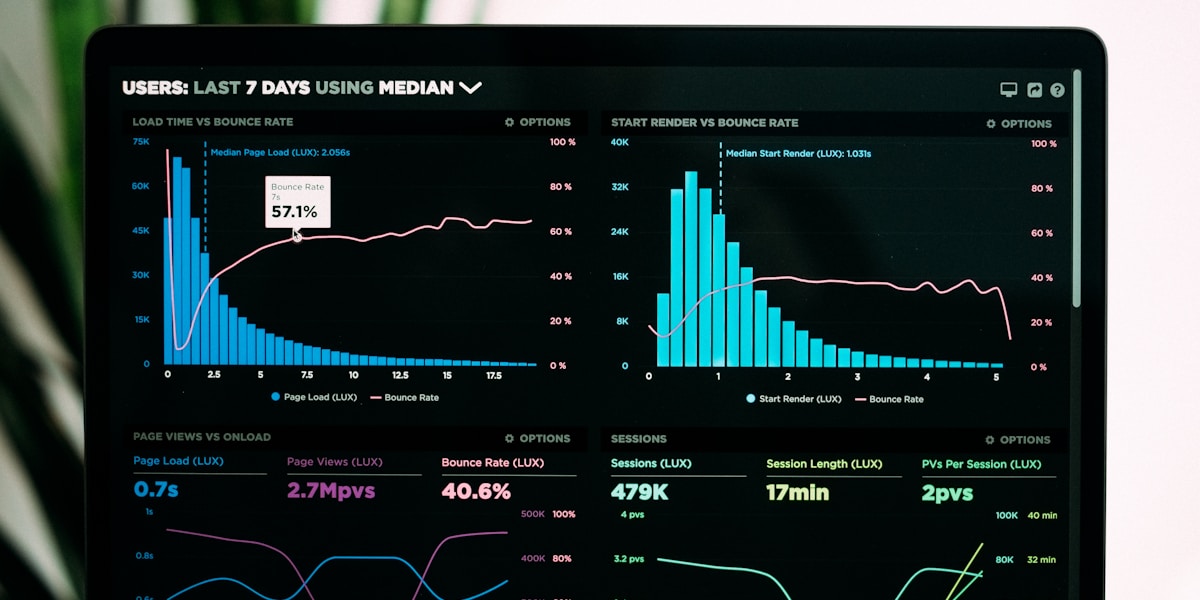Exerting Influence Remotely: Strategies for Engaging Clients Effectively
In today's increasingly remote work environment, building and maintaining client relationships...
Discover how artificial intelligence is revolutionizing the way we analyze and interpret data, providing deeper insights and more accurate predictions than ever before.

The landscape of data analytics is undergoing a revolutionary transformation, driven by the integration of artificial intelligence and machine learning technologies. What was once a manual, time-consuming process is now becoming automated, intelligent, and predictive.
Traditional data analytics relied heavily on human interpretation and manual analysis. Analysts would spend countless hours sifting through data, creating reports, and trying to identify patterns. While effective, this approach was limited by human capacity and bias.
Today, AI-powered analytics platforms can process vast amounts of data in real-time, identify complex patterns, and provide actionable insights that would be impossible for humans to discover manually.
Machine learning algorithms can learn from historical data to make predictions about future trends. These algorithms become more accurate over time as they process more data, providing increasingly reliable insights.
NLP enables analytics platforms to understand and process human language, making it possible to query data using natural language instead of complex SQL queries. This democratizes data access across organizations.
Computer vision allows systems to analyze visual data, such as images and videos, extracting meaningful insights that were previously inaccessible through traditional analytics methods.
AI-powered analytics is already transforming industries across the board:
AI can process and analyze data at speeds that are orders of magnitude faster than human analysts. What used to take days or weeks can now be accomplished in minutes or hours.
AI systems don't suffer from human biases or fatigue. They provide consistent, objective analysis based purely on the data, leading to more reliable insights.
AI-powered analytics can scale to handle massive datasets that would overwhelm traditional analytical approaches. This enables organizations to analyze data at unprecedented scales.
While AI-powered analytics offers tremendous potential, it also presents several challenges:
As AI technology continues to advance, we can expect even more sophisticated analytics capabilities:
The future of data analytics is undeniably AI-powered. Organizations that embrace these technologies will gain significant competitive advantages through faster, more accurate, and more comprehensive insights.
However, success requires more than just implementing AI tools. Organizations must also invest in data quality, ethical AI practices, and developing the necessary skills and capabilities to leverage these powerful technologies effectively.